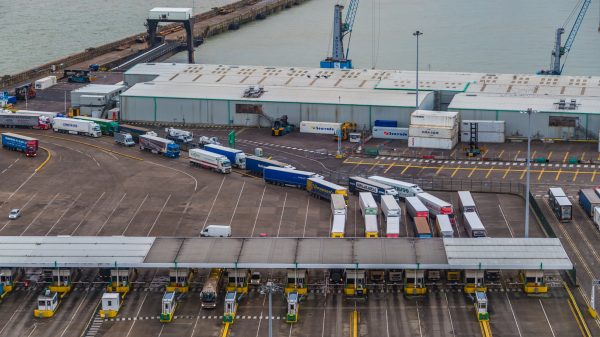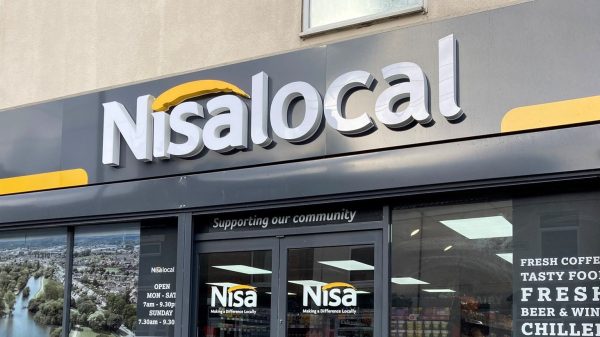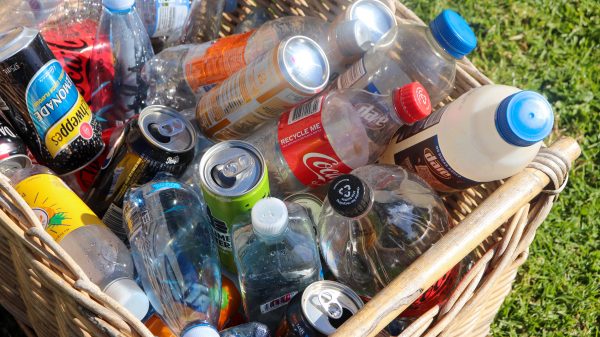Asda has produced the UK’s first in-store signage using recycled nappies in a bid to help tackle the issue of plastic waste.
Created in partnership Pura, the signs will be used to replace plastic on shelving selling products from the eco-friendly baby brand in 320 stores.
The Big 4 grocer estimates that the equivalent of 7,220 used nappies were recycled to make the signage, approximately seven per sign.
Subscribe to Grocery Gazette for free
Sign up here to get the latest grocery and food news each morning
To create the signs, the nappies were shredded, washed and dried, processed into pellets and then combined with other raw materials and pressed into boards made from 56% recycled nappy fibre and 44% cellulose fibre from other responsible sources.
At the end of its on-shelf life, the signage can be put back into the nappy recycling process, with all the fibre and other components recovered to be recycled again.
“We know how important it is to our customers that we reduce the amount of plastic we use, so we were extremely keen to work with Pura on this project,” Asda buying manager for nappies, Jessica Carrol said.
“We will continue to look at other ways we can utilise nappy recycling and continue to work with all our suppliers on ways we can reduce our plastic use.”
This comes as Pura, supported by Asda launched England’s first nappy recycling trial in Bristol which meant that thousands of nappies avoided landfill and were turned into useful materials such as road surfaces notice boards, panelling, insulation, as well as the new in-store signage.
Through Pura’s partnership with NappiCycle, the equivalent of 40 million used nappies avoid landfill annually and are repurposed for useful items.
Pura sustainability director, Matt Moreland added: “We hope that the POS material will help spread awareness of the benefits of nappy recycling which can prevent millions of tonnes of valuable resource from nappies, hygiene products and period products from ending up in landfill or being incinerated.”










